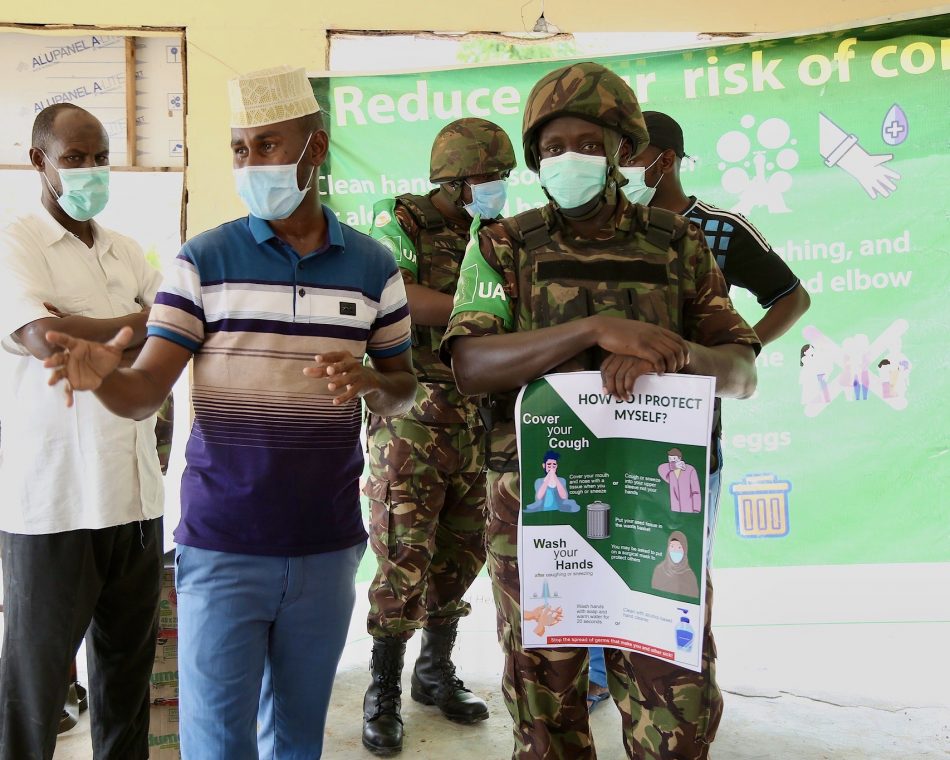GENEVA (AN) — International organizations behind the COVAX Facility acknowledged significant delays in delivering COVID-19 vaccines to poor nations on Thursday due to pressure from India's government on the world's biggest vaccine maker.
The delays could have major implications for bringing about the end of the coronavirus pandemic that the World Health Organization declared in March 2020.








